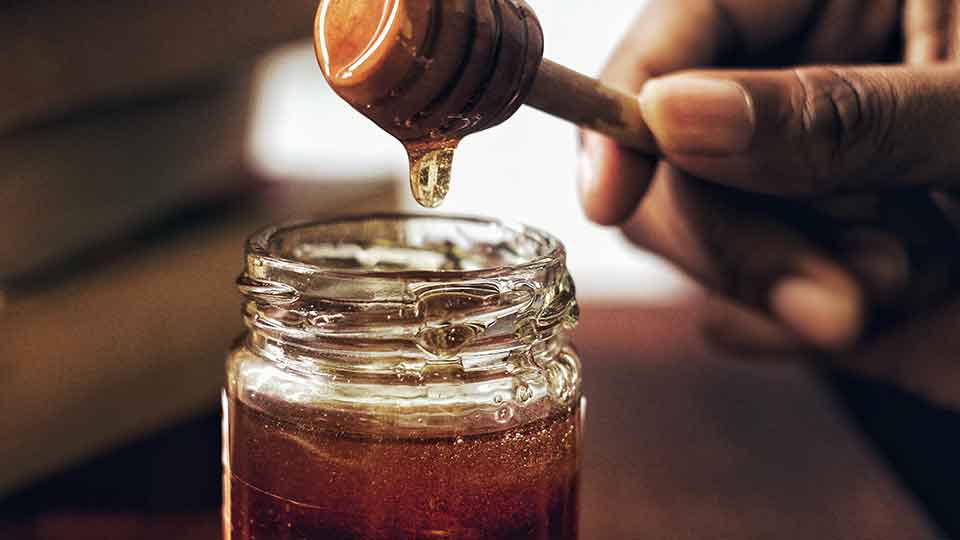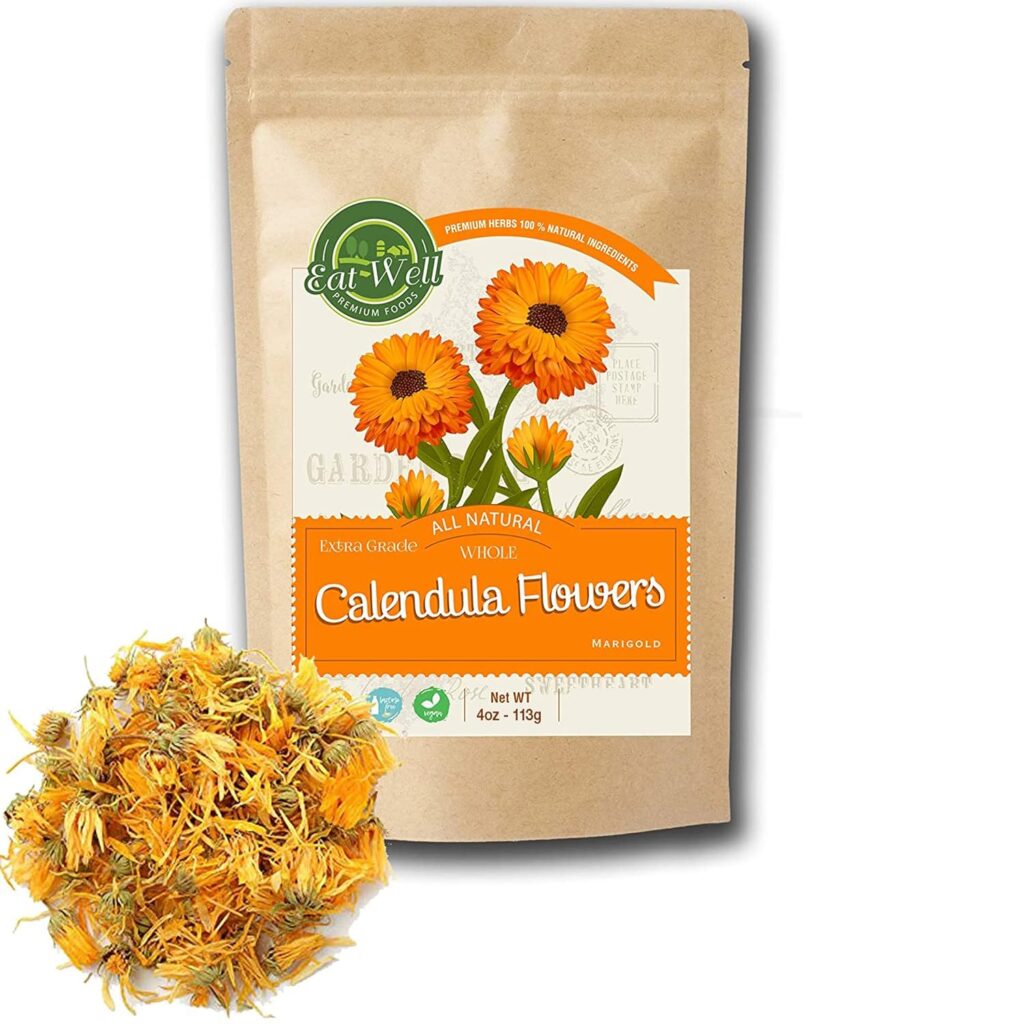Most antibiotics require a vet’s prescription. Antibiotics help cats cure disease more effectively and avoid other infections, but they can also cause side effects if the cats get too much or too little, such as vomiting, diarrhea, loss of appetite, allergic reactions, etc.
For natural and safe solutions to your cat’s infections, take a look at this list of 7 natural antibiotics for cats that you can make at home.
If you want to know why each of the natural antibiotics for cats listed above could be a game-changer for your cat’s health, keep reading!
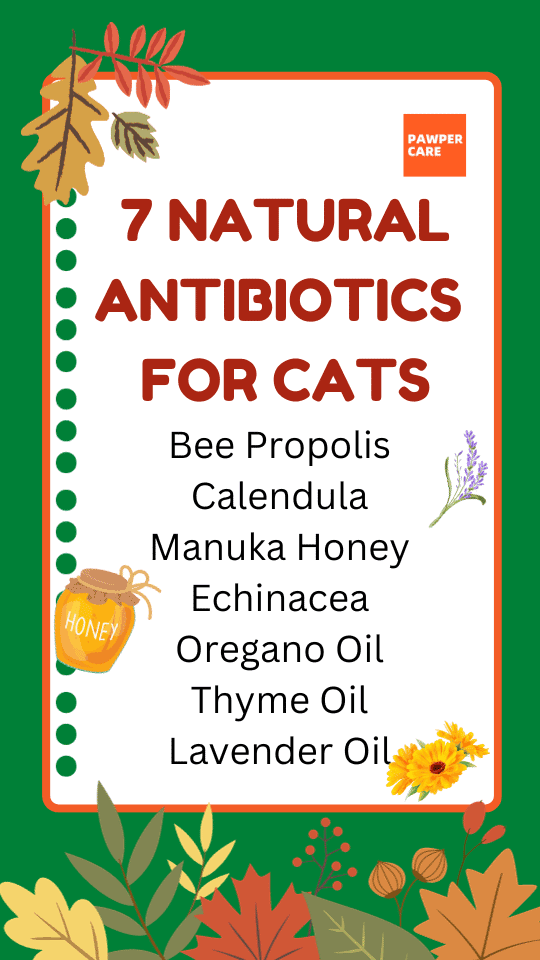
What Is A Natural Antibiotic?
Before you look for a natural antibiotic for your cat, you should understand what antibiotics are and how they work.
Antibiotics kill or stop the growth of bacteria that cause infections. They do not work against viruses or other causes of illness.
Some bacterial infections in cats may require antibiotics from a vet to treat them effectively.
These infections can affect different parts of the cat’s body, such as:
- The ears: causing inflammation, pain, and discharge
- The urinary tract: causing difficulty or pain in urinating, blood in urine, or frequent urination
- The skin: causing wounds, abscesses, or dermatitis
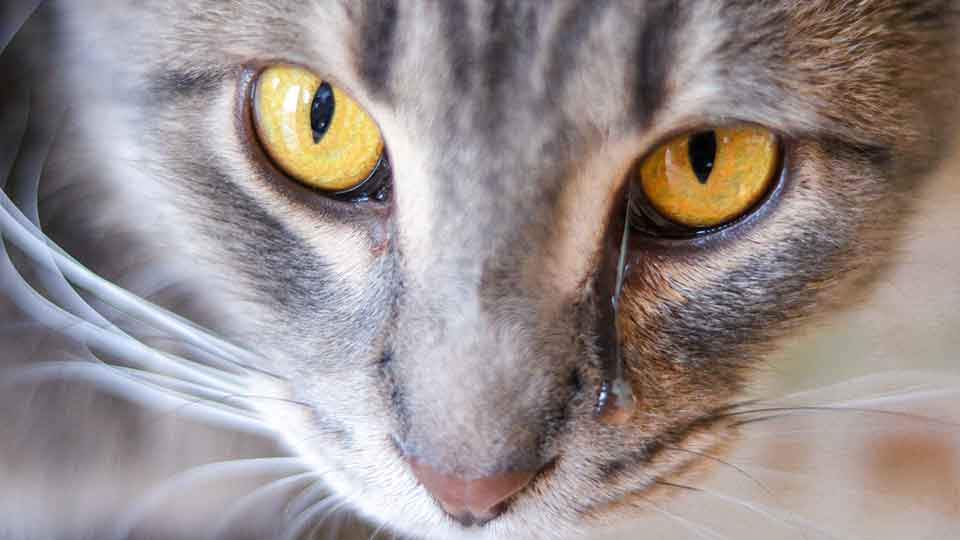
Image credit: Abeer Zaki
Some common antibiotics for cats are gentamicin, amoxicillin and tetracycline.
However, antibiotics might cause harsh side effects or cause resistance in some cats, so some cat owners look for natural antibiotics at home.
Natural antibiotics for cats come from nature and can help fight or prevent bacterial infections in cats, including plants, herbs, oils, honey, vinegar, and other natural products that have antibacterial, antifungal, antiviral, or anti-inflammatory properties.
But remember, it’s not safe to play vet. You need to consult a veterinarian about the cat’s infection and recommendations before using any medication.
The other reason for natural antibiotics is that we’re facing a troublemaker with antibiotic overuse.
It’s become a global issue, as the bacteria targeted by antibiotics start to mutate and ultimately become resistant.
Popping antibiotics too often or quitting them before your prescription is finished can result in bacteria that mock the antibiotics and resist their effects.
Many antibiotics that were once championed against certain infections have lost their battle in today’s world.
Even the usage of antibacterial soap has been linked to increased bacterial resistance – talk about an unexpected plot twist!
So, what’s the takeaway? Use antibiotics only when they’re absolutely necessary.
The only exception to the “prescription-only” rule is for topical use.
Applying an antibiotic cream or natural antibacterial substances to a minor burn, scrape, or cut can defeat the bacteria that might have invaded the wound.
Natural Antibiotics For Cats Without Vet Prescription
Here are 7 natural remedies to help your cats recover from infections and not harm their health.
Bee Propolis

This is a resin-like substance that bees produce to seal their hives.
Bee propolis has antibacterial, antifungal, anti-inflammatory, and antioxidant effects, which can help heal wounds, abscesses, skin infections, and respiratory infections in cats.

Image credit: Simon Kadula
You can offer your cat bee propolis in different forms, such as powder, capsules, or liquid extract.
Related: Historical Aspects of Propolis Research in Modern Times
Calendula
Calendula officinalis, commonly known as calendula or pot marigold, is a beautifully fragrant flower that boasts antimicrobial powers.
While the stems of this plant can be toxic to cats, the flower is generally safe.
A word of caution though: some feline friends have been known to have allergic reactions to calendula, so proceed with care.
Dried Calendula flowers can be purchased and brewed into a healing tea.

Image credit: Katriona Mccarthy
Applying this calendula tea to an open wound can prevent bacteria and soothe inflammation.
Just make sure to give the wound some time to dry out before applying this remedy, as calendula might trap unwanted bacteria if used too soon.
Manuka Honey
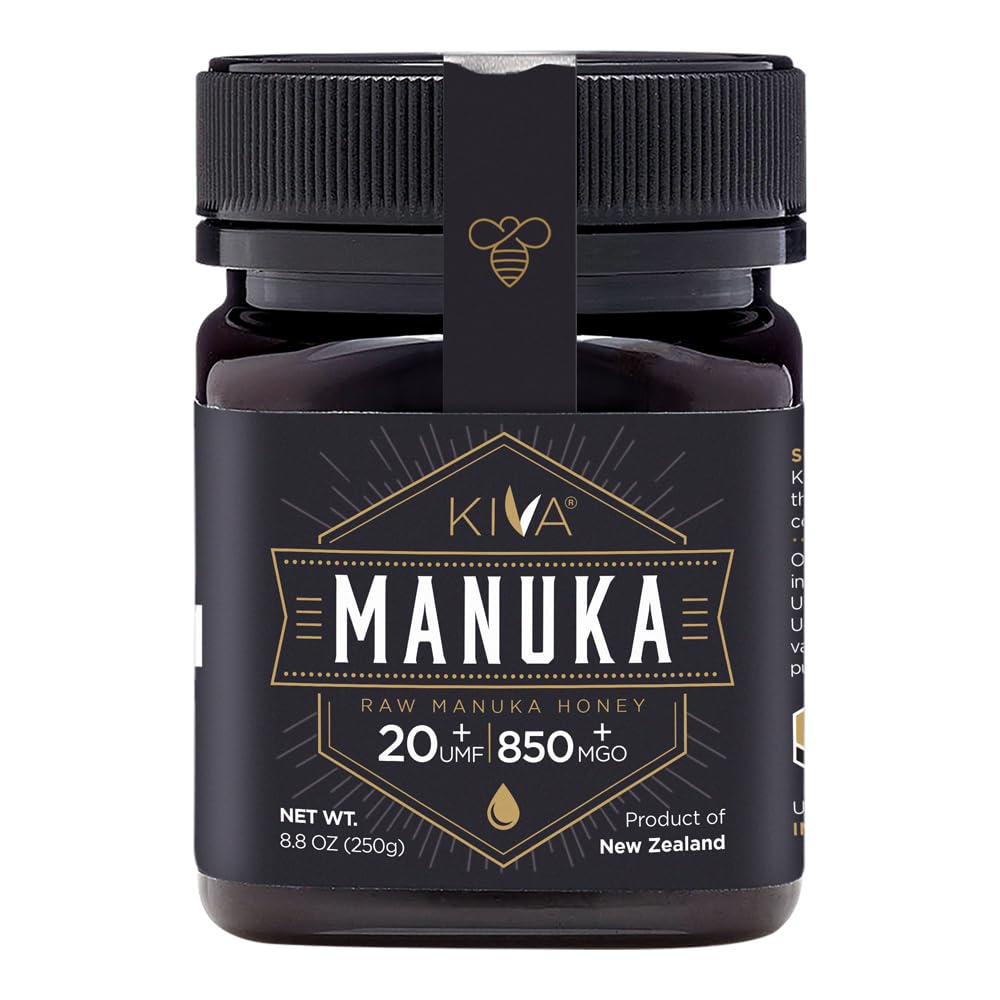
Manuka honey is a natural substance with antibacterial, antiviral, and anti-inflammatory properties that can help treat cat infections and wounds.
Manuka honey can kill antibiotic-resistant bacteria such as MRSA and VRE, which are very dangerous for cats and humans.
Manuka honey can also boost the cat’s immune system and reduce inflammation and pain.

Image credit: Benyamin Bohlouli
Keep in mind that raw honey can contain bacteria and other pathogens, so handle it carefully.
Related: Honey: Another Alternative in the Fight against Antibiotic-Resistant Bacteria?
Echinacea
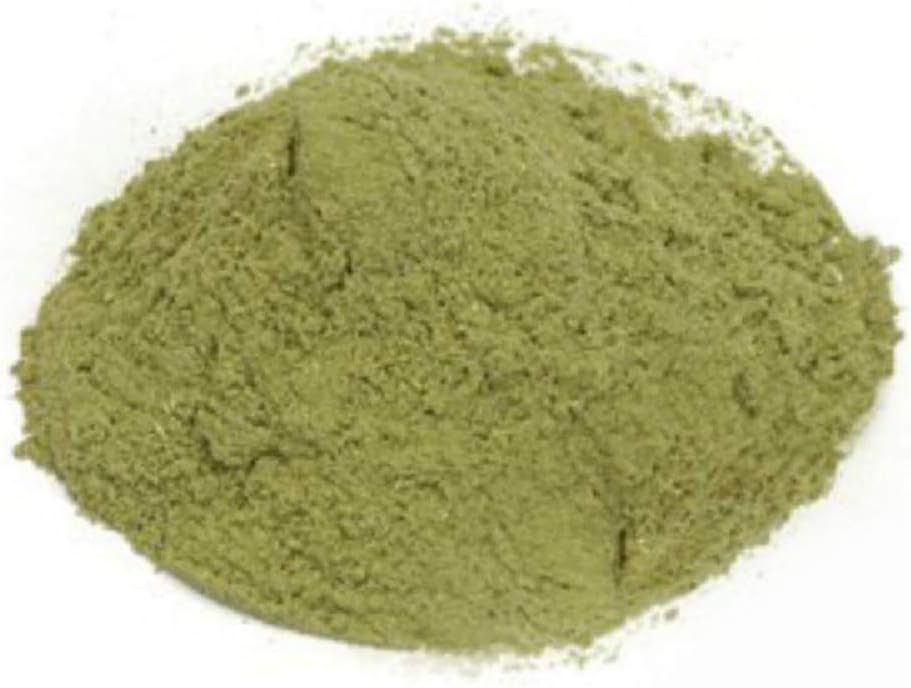
Echinacea purpurea, a type of flower, can be used as a supplement to boost the immune system and reduce inflammation.
Research suggests it is effective in treating upper respiratory infections.
It would be best if you gave your cat echinacea powder with food.

Image credit: Khara
Like any supplement, it’s important to consult your vet before giving your cat echinacea powder, especially for regular use (source 1).
Related: An Updated Review on the Multifaceted Therapeutic Potential of Calendula officinalis L
Oregano Oil
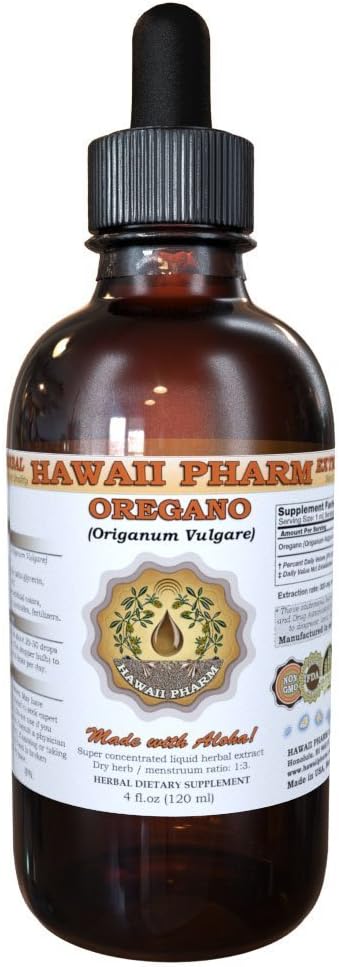
Oregano oil is a powerful weapon against a variety of bacterial strains.
You can apply it topically, but remember to dilute it before letting it touch your cat’s skin.
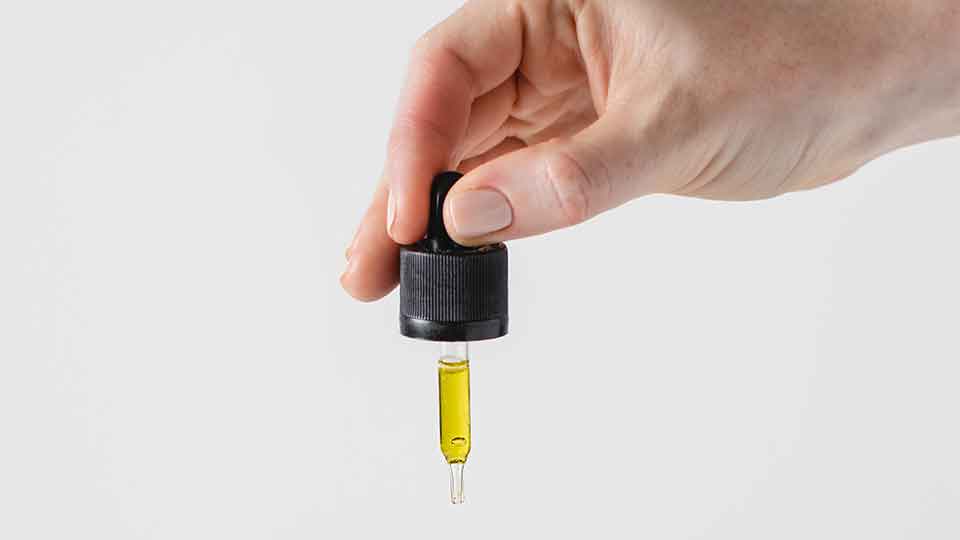
Thyme Oil
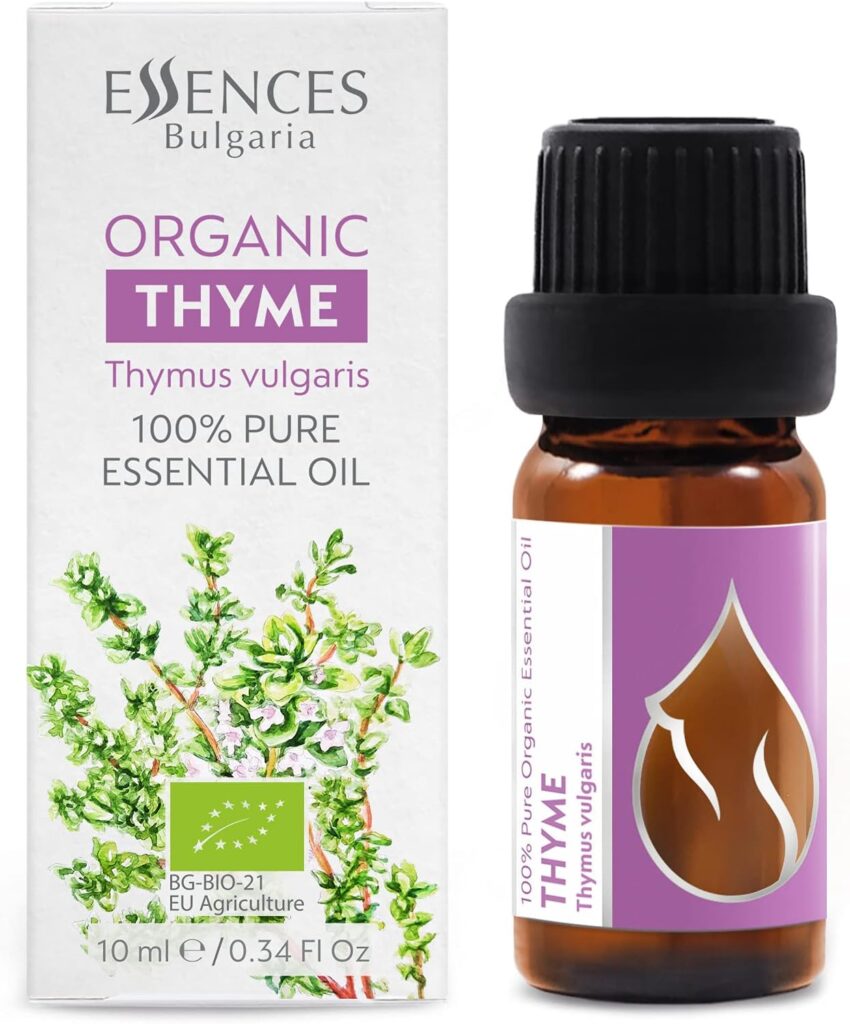
Thyme oil serves as another natural antibacterial remedy for cats.
This essential oil can kill bacteria, fungi, and viruses that cause infections in cats’ skin, respiratory system, oral cavity, or ears. It has antibacterial, antifungal, antiviral, and anti-inflammatory properties.
Like other essential oils, thyme oil should be used externally only and always diluted first.
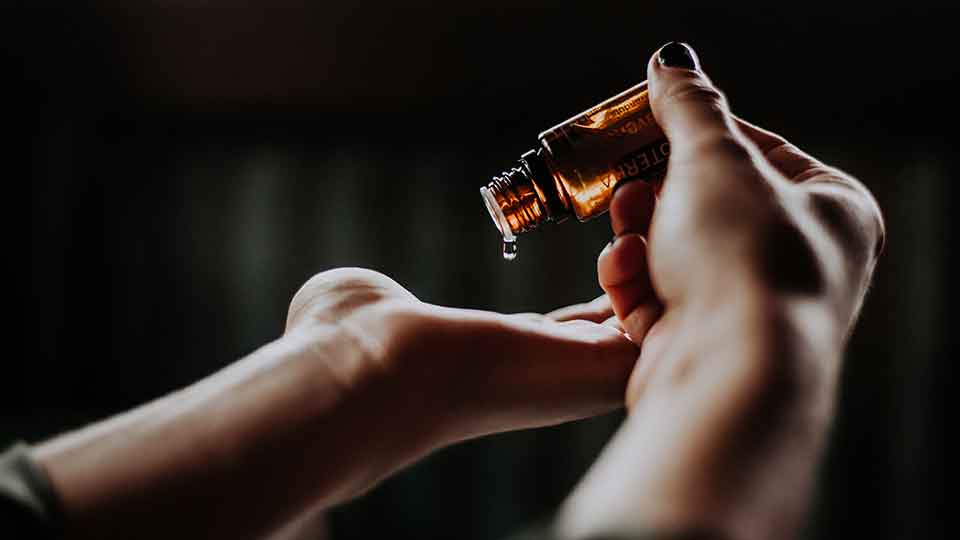
Image credit: Christin
Lavender Oil
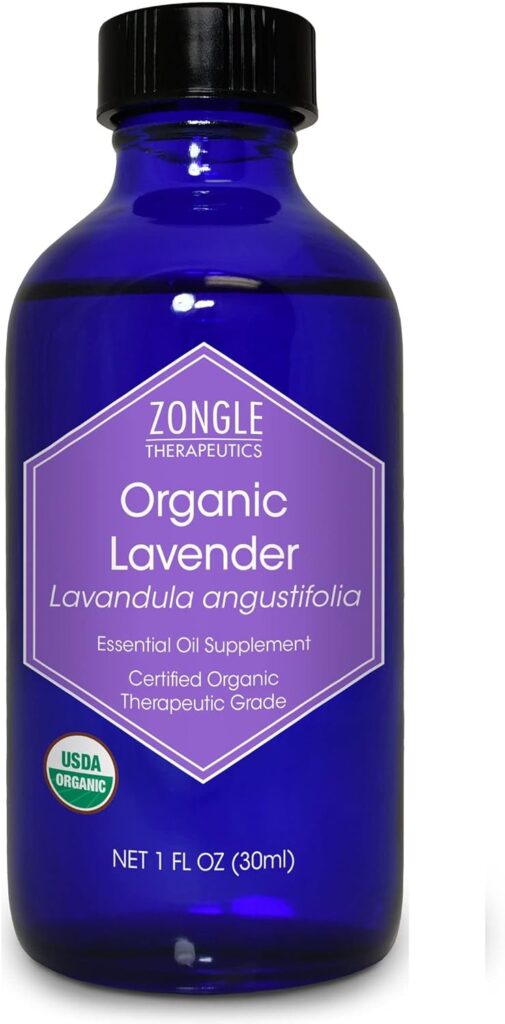
Lavandula angustifolia, or lavender, also yields an essential oil with antimicrobial properties.
While it might not be as potent as thyme, it definitely wins in the fragrance department!
Lavender is known for its calming effects and can help soothe restless or anxious pets, promoting better sleep.
It can also heal wounds, burns, and insect bites in cats since it has antibacterial, antifungal, anti-inflammatory, and soothing properties.
These are some of the best natural antibiotics for cats that you can find online or in health stores.
However, before using any of them on your cat, you should consult your veterinarian and follow their instructions carefully.
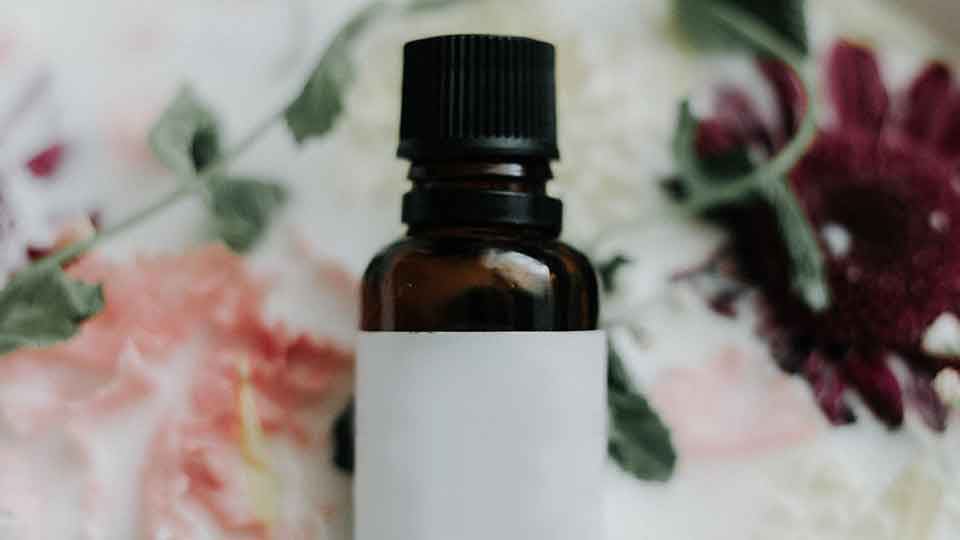
Image credit: Priscilla Du Preez
You should also make sure that your cat is not allergic or sensitive to any of these substances and use them in appropriate doses and dilutions.
Monitor your cat’s condition and seek veterinary help if the infection does not improve or worsens. Keep in mind that natural antibiotics are not a cure-all and may not work for every cat or every condition.
Symptoms of Bacterial Infection in Cats
A cat might need antibiotics if it has a bacterial infection that is unlikely to clear up on its own or could spread to other animals.
Here are some symptoms of bacterial infection in cats:
- Fever
- abscesses on skin
- lack of appetite
- Sores and infections on the skin or wounds
- Constantly Sneezing
- Frequent vomiting
- Eye irritation and tearing
- Difficulty in moving
- Various types of infections affecting the skin, eyes, ears, lungs, or bladder
Antibiotics are medicines that kill bacteria and prevent them from multiplying.
Antibiotics for cats can come in different forms, such as tablets, liquids, topicals, or injections. The type and dosage of antibiotics depend on the type and severity of the infection, as well as the cat’s weight, age, and health condition.
Natural Antibiotic For Cats Under Various Conditions
Different health problems can affect cats. You should see a vet if your cat has serious or lasting symptoms. But you can also take care of your cat at home if they are not very sick.
Natural Antibiotics For Cats Mouth Infection: Bee propolis
Bee propolis is a resinous substance that bees collect from plants to seal their hives. It has antibacterial, antiviral, antifungal, and anti-inflammatory effects that can help prevent and treat mouth infections in cats.
You can give your cat bee propolis in liquid or capsule form, or apply it directly to their gums.
Natural Antibiotic For Cats’ Teeth: Oregano oil
Oregano oil is a potent natural antibiotic that can kill bacteria, viruses, fungi, and parasites. It can also reduce inflammation and pain in the mouth.
You can dilute oregano oil with water or coconut oil and apply it to your cat’s gums with a cotton swab.
Natural Cat Antibiotics For Cats Eye Infection: Colloidal silver
Colloidal silver is a suspension of tiny silver particles in water that has antimicrobial and anti-inflammatory properties. It can help fight eye infections caused by bacteria, viruses, or fungi.
You can use colloidal silver as eye drops or spray for your cat, or soak a cotton ball in it and gently wipe your cat’s eyes.
Natural Antibiotics For Kittens: Echinacea
Echinacea is a herb that can boost the immune system and fight infections. It can help reduce inflammation and pain in the mouth and speed up the healing process.
You can give your kitten echinacea in tincture, capsule, or tea form.
Reminder Frequent visits to the vet for minor symptoms can be time-consuming and costly. However, relying on your vet's expertise rather than home remedies is more prudent. If your cat exhibits symptoms like coughing, sneezing, or runny and watery eyes, monitor your cat's symptoms closely. If they persist for a few days, consult your vet. If your cat is vomiting, refusing to eat, or has diarrhea, seek veterinary advice if symptoms don't improve within a day or two.
FAQ
Can I use human antibiotics on my cat?
No, you should not use human antibiotics on your cat, unless your veterinarian advises you to do so.
Human antibiotics may have different ingredients, dosages, and side effects than cat antibiotics, and they may not be effective or safe for your cat.
Giving your cat the wrong antibiotic or the wrong dose can cause serious harm to your cat’s health, such as allergic reactions, vomiting, diarrhea, or antibiotic resistance.
Antibiotic resistance means that the bacteria can become stronger and harder to treat in the future.
If you suspect that your cat has a bacterial infection, you should take them to the vet as soon as possible.
The vet will examine your cat and prescribe the appropriate antibiotic for their condition. You should follow the vet’s instructions carefully and complete the full course of antibiotics, even if your cat seems to be better.
What is the strongest natural antibiotic for animals?
There is no definitive answer to what is the strongest natural antibiotic for animals, as different substances may have different effects on different types of infections and different species of animals.
However, based on some web search results, some of the natural antibiotics that have been reported to have strong antibacterial properties and can be used on animals are:
• Honey: Honey has antimicrobial and wound-healing properties that can help fight bacteria and soothe inflammation in the mouth. You can apply some raw honey to your animal’s gums or add it to their water or food. Manuka honey is a type of honey that has been shown to have stronger antibacterial activity than regular honey.
• Oregano oil: Oregano oil is a potent natural antibiotic that can kill bacteria, viruses, fungi, and parasites. It can also reduce inflammation and pain in the mouth.
• Colloidal silver: Colloidal silver is a suspension of tiny silver particles in water that has antimicrobial and anti-inflammatory properties. It can help fight eye infections caused by bacteria, viruses, or fungi.
Can you get rid of a bacterial infection without antibiotics?
Yes, it is possible to get rid of a bacterial infection without antibiotics for cats, but it depends on the type and severity of the infection, as well as your cat’s immune system.
Some mild bacterial infections, such as skin infections, ear infections, or dental infections, may get better on their own or with some natural remedies.
However, some bacterial infections, such as respiratory, gastrointestinal, or urinary tract infections, can be serious and require immediate veterinary attention.
Antibiotics are still the most effective way to treat bacterial infections and prevent complications.
Final Thoughts
Topical antibiotic creams can benefit minor burns and scrapes, but if your cat is unwell, it’s advisable to let your cat recover naturally or seek veterinary care.
While numerous natural antibiotics for cats can handle and prevent minor infections, it’s essential to seek your vet’s advice before using antibiotics for your cat.

